|
No one goes to bed skinny and wakes up fat. Most people gain (or lose) weight so gradually they cannot really figure out how it happened. They do not remember changing their eating or exercise patterns.[i] All they remember is once being able to fit into their favorite pants without having to hold their breathe and hope they can get the zipper to budge. Sure, there are exceptions. If we gorge ourselves at the all-you-can-eat pizza buffet, then clean out the chip bowl at the Superbowl party, then stop by the Baskin-Robbins drive-through for a “Belly Buster” Sundae on the way home, we realize we have gone too far over the top. But on most days we have very little idea whether we have eaten 50 calories too much or 50 calories too little. In fact, most of us would not know if we ate 200 or 300 calories more or less than the day before. This is the Mindless Margin. It is the margin or the zone in which we can either slightly overeat or slightly undereat without being aware of it. Suppose you can eat 2000 calories a day without either gaining or losing weight.[ii] If one day, however, you only ate 1000 calories, you would know it. You would feel weak, light-headed, cranky, and you would snap at the dog. On the other hand you would also know it if you ate 3000 calories. You would feel a little heavier, slower, and more like flopping on the couch and petting the cat. If we eat way too little, we know it. If we eat way too much, we know it. But there is a calorie range – a Mindless Margin– where we feel fine and are unaware of small differences. That is, the difference between 1900 calories and 2000 calories is one we cannot detect, nor can we detect the difference between 2000 and 2100 calories. But over the course of a year, this mindless margin would either cause us to lose ten pounds or to gain ten pounds. It takes 3500 extra calories to equal one pound. It does not matter if we eat these extra 3500 calories in one week or gradually over the entire year. They will all add up to one pound. This is the danger of creeping calories. Just 10 extra calories a day – 1 stick of Doublemint gum or 3 small Jelly Belly jelly beans – will make you a pound more portly one year from today.[iii] Only three Jelly Bellies a day. Fortunately, the same thing happens in the opposite direction. One colleague of mine, Stacy, had lost around 25 pounds during her first two years at a new job. When I asked how she lost the weight, she could not really answer. After some persistent questioning, it seemed that the only deliberate change she had made two years earlier was to give up caffeine. She switched from coffee to herbal tea. That did not seem to explain anything. “Oh, yeah,” she said, “And because I gave up caffeine, I also stopped drinking Coke.” She had been drinking about six cans a week – far from a serious habit – but the 139 calories in each Coke translated into 14 pounds a year. When she quit, she was not even aware of why she had lost weight. In her mind all she had done was cut out caffeine. Herein lies the secret of the Mindless Margin. This Mindless Marginis that small range where we make slight changes to our routine that we hardly notice. Nevertheless, these changes can have a gradual – but eventually big – impact on our weight. They can make the difference between being 10 pounds heavier next New Years Day or 10 pounds lighter. Cutting out our favorite foods is a bad idea. Cutting down on how muchwe eat is mindlessly doable. Many fad diets focus more on the typesof foods we can eat rather than how much we should eat. The problem is not that we order beef instead of a low-fat chicken breast. The problem is that the beef is often twice the size. A low-fat chicken breast that we resent having to eat is no better for our long-term diet than a tastier but slightly smaller piece of beef. If we are looking at only a 100 or 200 calories difference a day, these are not calories we will miss. We can trim them out of our day relatively easy – and unknowingly. The key is to do it unknowingly – mindlessly. In a classic article in Science,Drs. James O. Hill and John C. Peters showed that cutting only 100 calories a day from our diets will prevent weight gain in most of the US population.[iv]The majority of people only gain a pound or two each year, and their calculations showed that anything a person does to make this 100 calorie difference will lead most of us to loseweight. We can do it by walking an extra 2000 steps each day (about one mile), or we can do it by eating 100 calories less than we otherwise would. The best way to trim 100 or 200 calories a day is to do it in a way which does not make you feel deprived. It is so much easier to rearrange your kitchen and change a few eating habits so you do not have to think about eating less or differently. This is the silver lining to this dark, cloudy sky. The same things that lead us to mindlessly gain weight can also help us mindlessly lose weight. How much weight? Unlike the 3:00 AM infomercials, it would not be 10 pounds in 10 hours, or 10 pounds in 10 days. It is not even going to be 10 pounds in 10 weeks. You would notice that, and you would feel deprived. Instead, suppose you stay within the Mindless Margin for losing weight and trim 100-200 calories a day. You would probably not feel deprived, but in 10 months you would be in the neighborhood of 10 pounds lighter. It would not put you in this year’s Sports Illustratedswimsuit issue, but it might put you back in some of your “signal” clothes, and it will make you feel better without costing you bread, pasta, and your comfort foods. The theme of Mindless Eatingis that there are many things around us that manipulate or deceive us into eating more than we otherwise would. Popcorn buckets manipulate us, names confuse us, plates deceive us, friends unwittingly lead us astray, lighting and music fool us, colors miscue us, shapes trick us, and on and on. But all of them do so very subtly. Mindless Eating helps you generate mindlessly-easy solutions to trim excess calories out of your life in a way in which you will not miss them. Each chapter specifically illustrates what researchers know about mindless eating, and each shows how you can use the same tricks to reverse how much you eat. There are a lot of invisible traps out there that we unknowingly let trick us into overeating. What you can do is outlined in the next chapters, but we are first going to look at what causes us to decide how much we want to eat. Once we understand why we eat how much we eat, we can more clearly see how to change it. References
[i]N. E. Sherwood, Robert W. Jeffry, Simone French, et al., “Predictors of Weight Gain in the Pound of Prevention Study,” International Journal of Obesity(April 2000), 24:4, 395-403. [ii]If you burn off the same number of calories each day as you eat, you are “in energy balance.” The exact number of calories you need to be in energy balance varies depending on your weight and how much you move during the day. Smaller adults burn fewer calories a day than larger adults; active people more than inactive people. [iii]A pound is roughly equivalent to 3500 calories. Eating three Jelly Belly jelly beans a day (12 calories) would lead to are 4380 over the year. Similarly drinking one less can of Coca-Cola (139 calories) each day would amount to 101,470 calories – 29 lbs. – over a 2 year period. [iv] Details can be found in James O. Hill and John C. Peters (1998), “Environmental contributions to the obesity epidemic,” Science, 280 (5368): 1371-1374. [v]This person, Jay S. Walker, also supplemented this with lots and lots of exercise.
3 Comments
Michelle Ott
1/3/2022 08:56:00 am
Do you still provide the mindless eating calendar as a PDF to promote small changes?
Reply
4/11/2022 03:46:44 am
Caffeine and other habits that can affect weight gain are some habits that are very addictive. Once you quit on it, half of the work is complete. So how can alcohol be replaced with something like Stacy did caffeine with herbal tea?
Reply
12/9/2022 11:11:57 am
Thanks for sharing such a great information. Its really helpful. I always search to read the quality content. Thanks.
Reply
Leave a Reply. |
The Mission:For 30 years my Lab and I have focused on discovering secret answers to help people live better lives. Some of these relate to health and happiness (and often to food). Please share whatever you find useful.
Blog Categories
All
|
||||||||
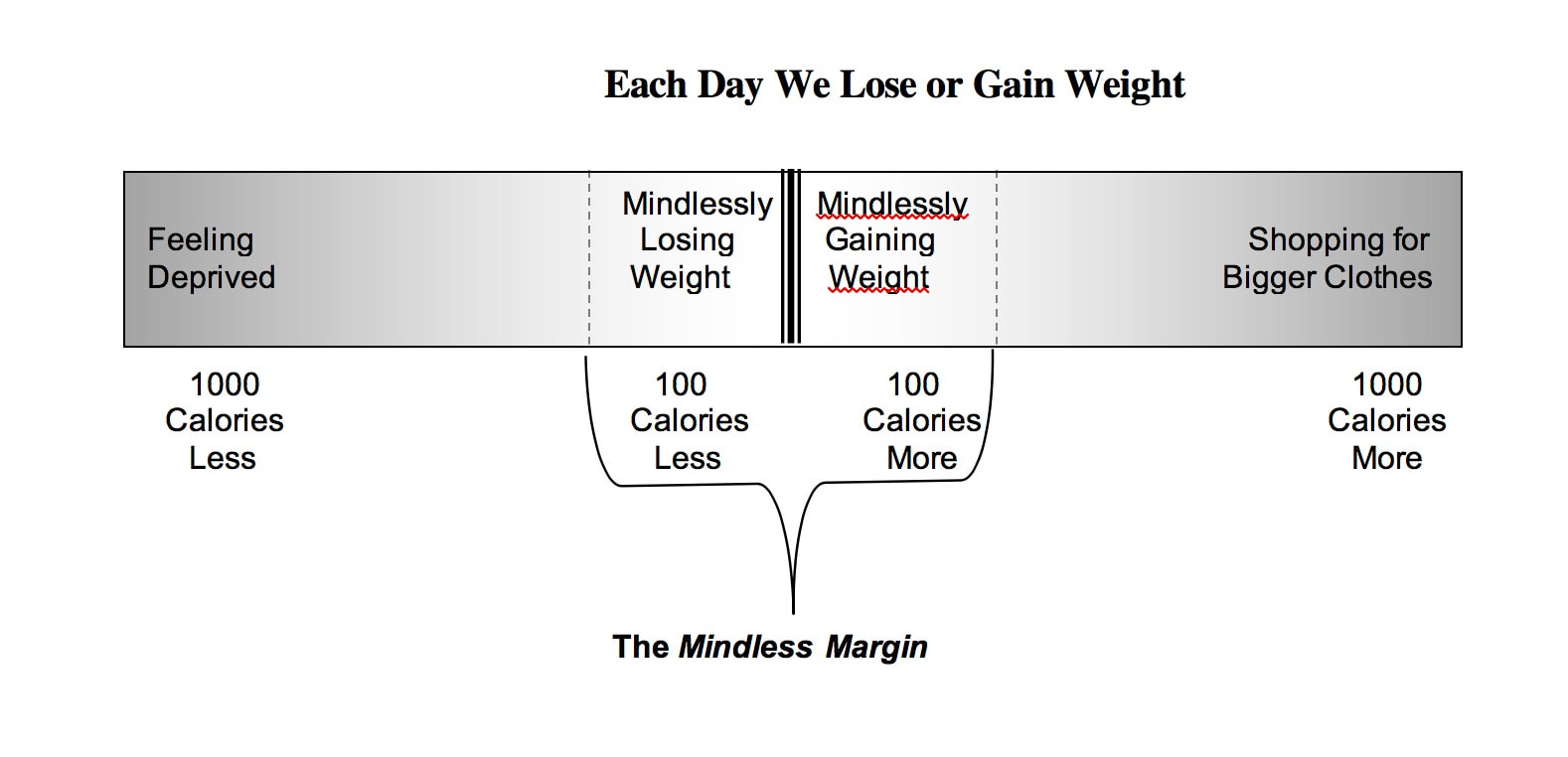
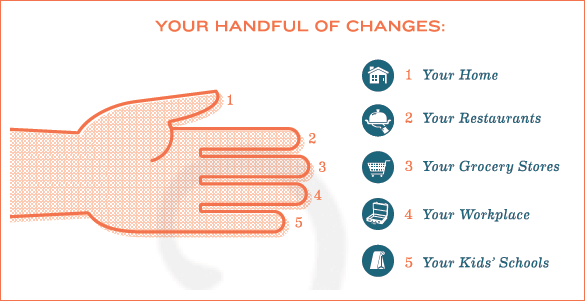
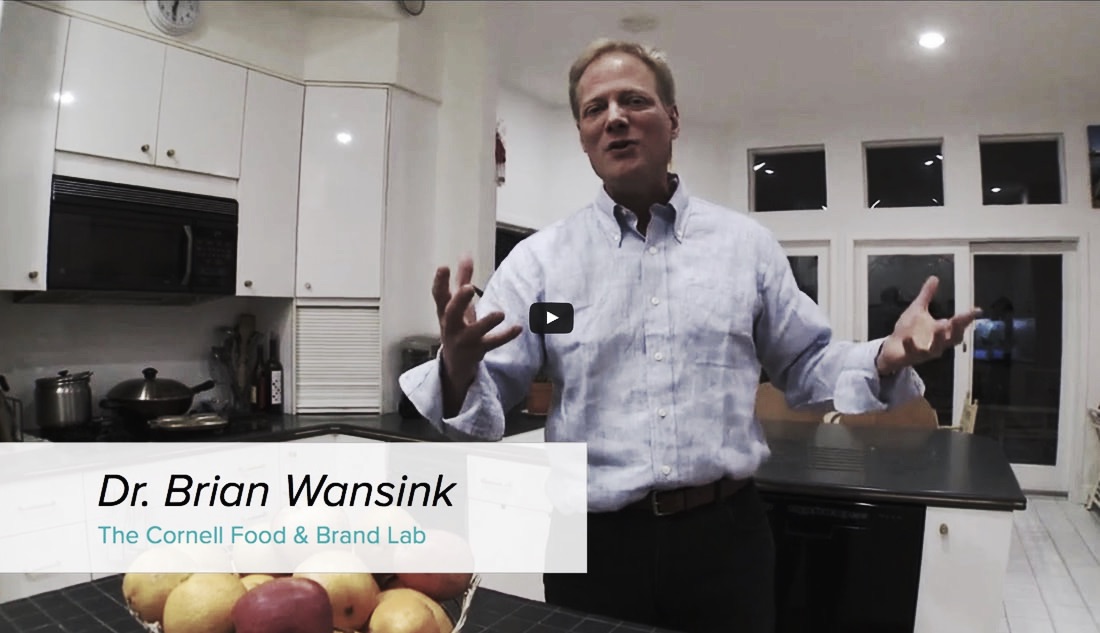
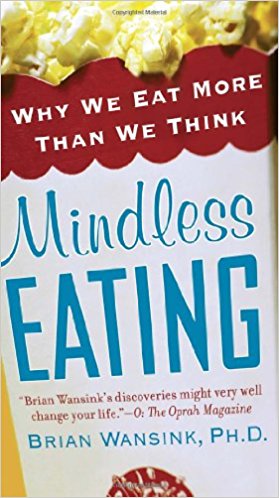
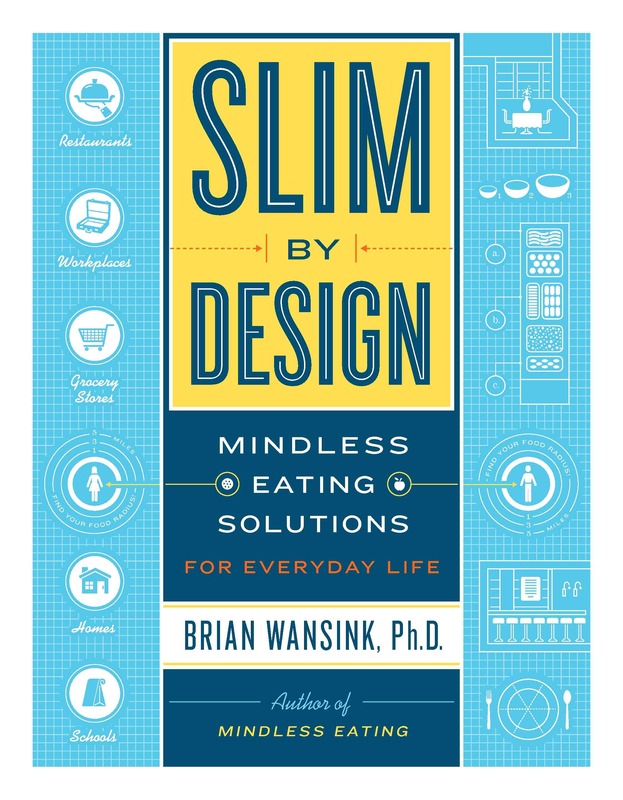

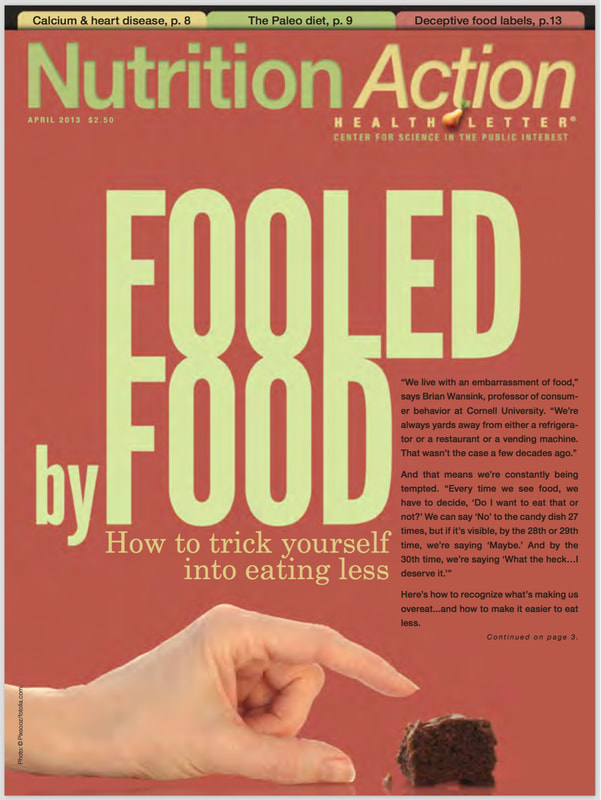
 RSS Feed
RSS Feed